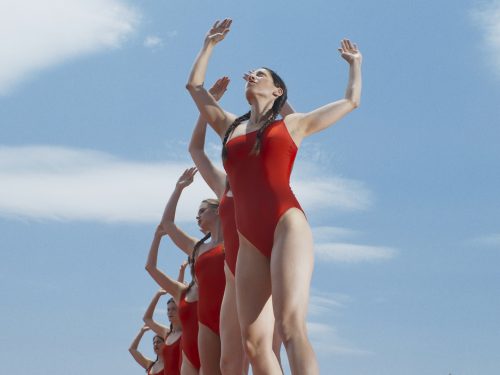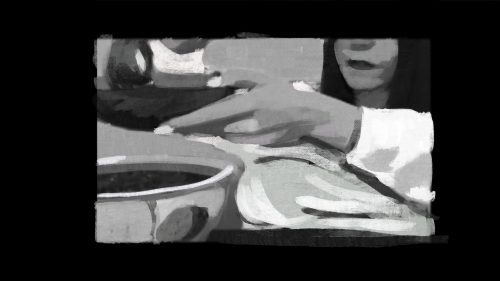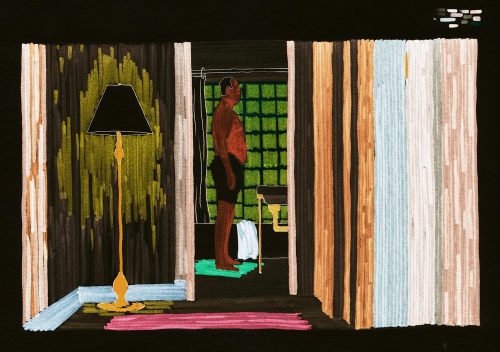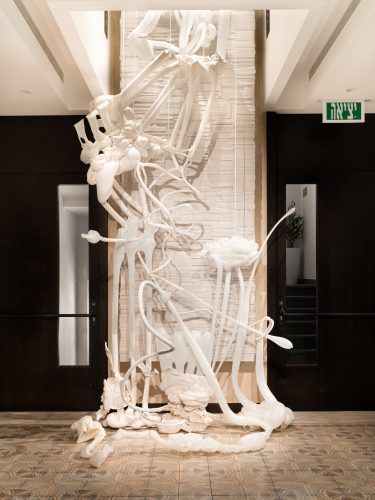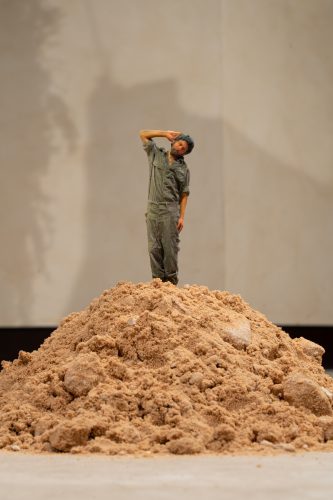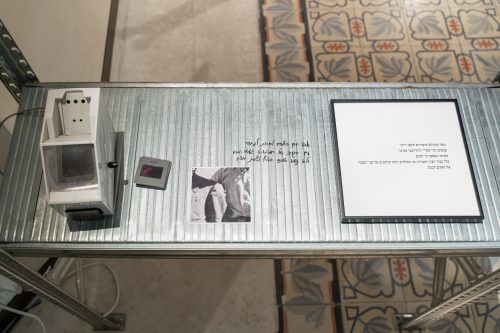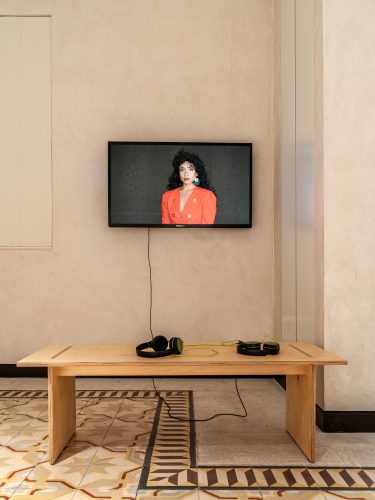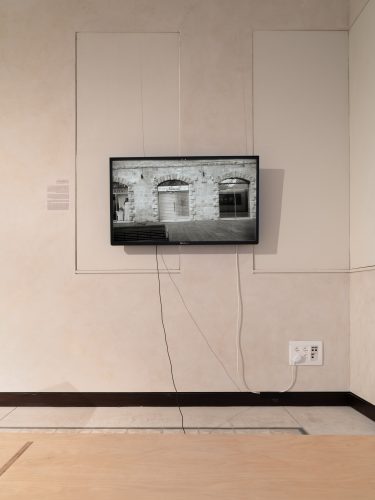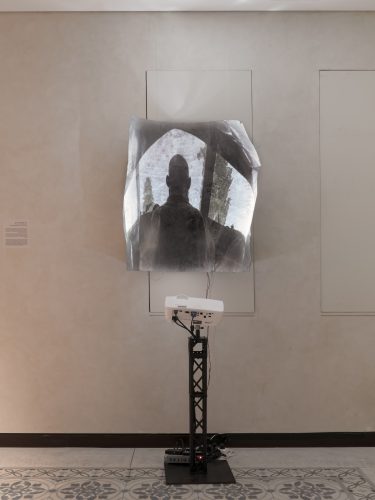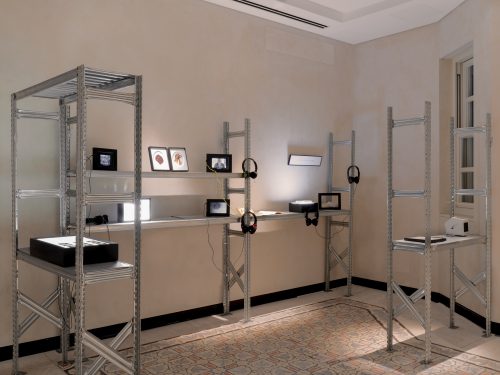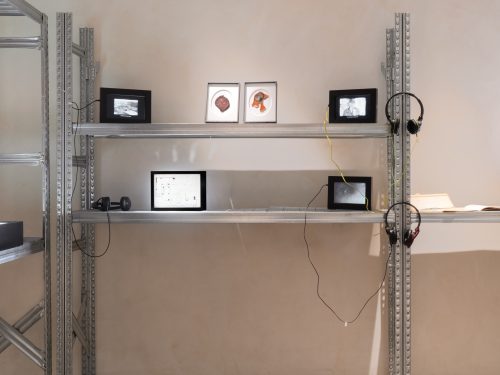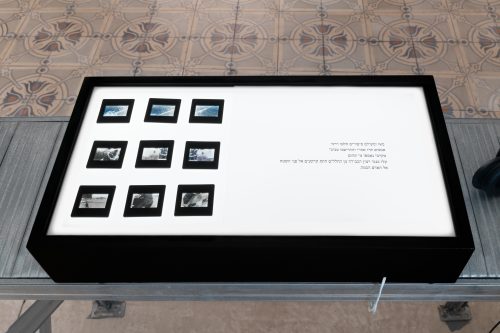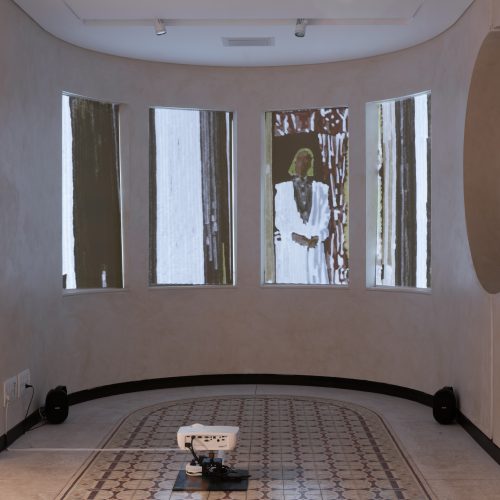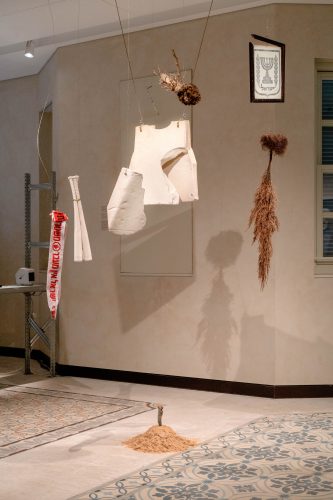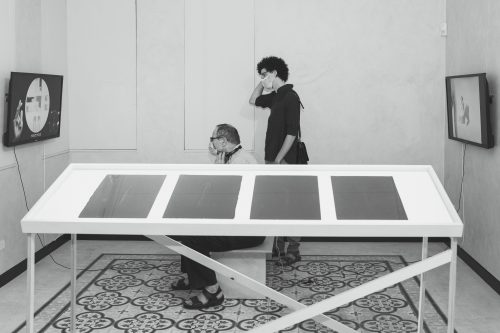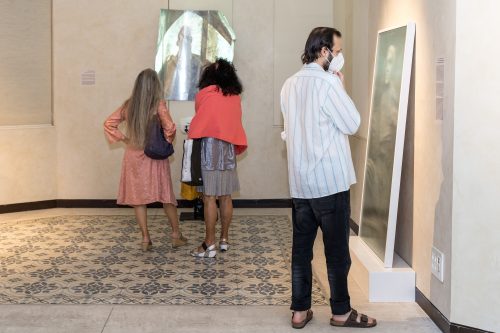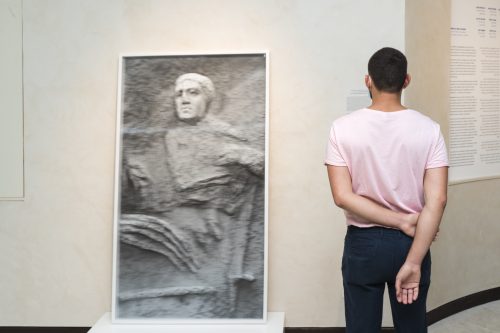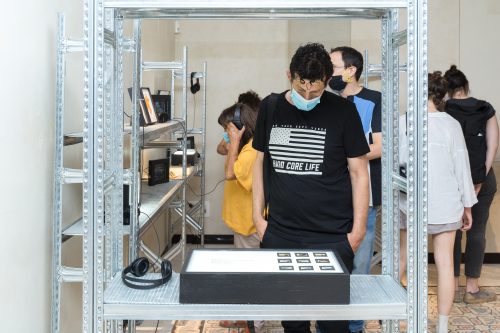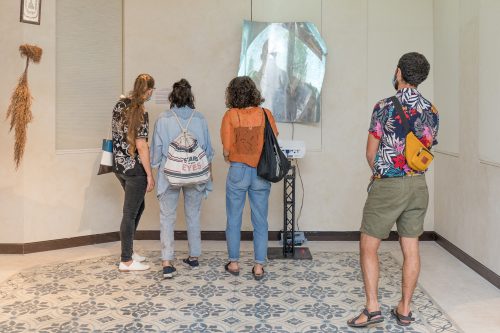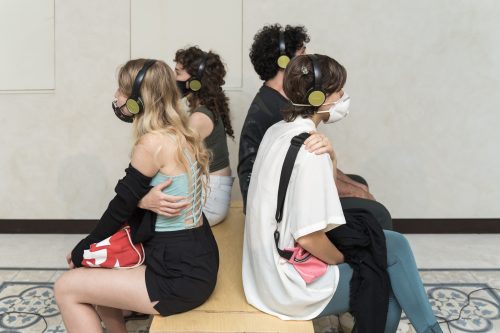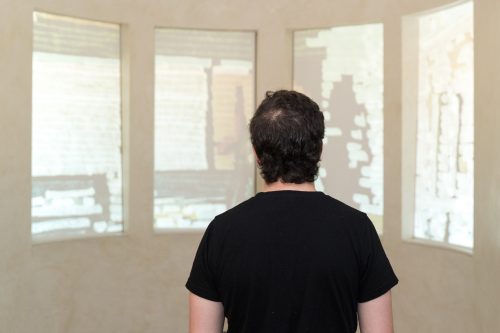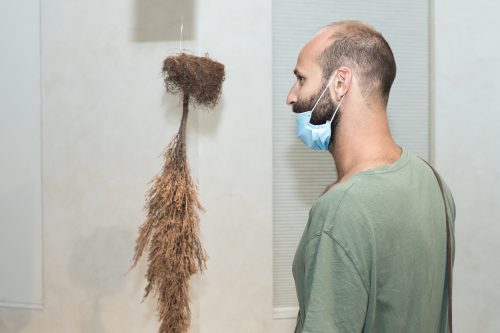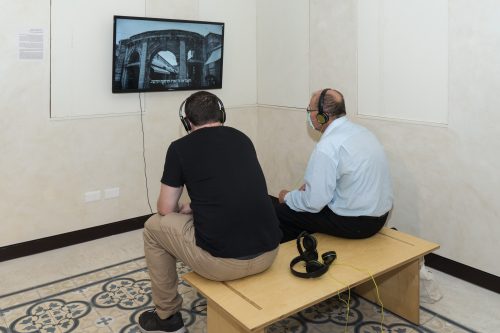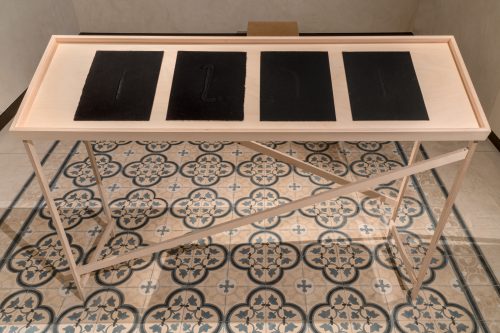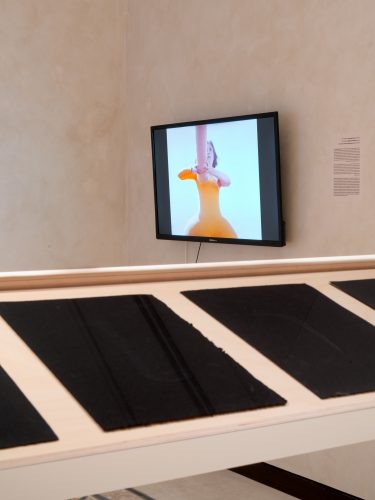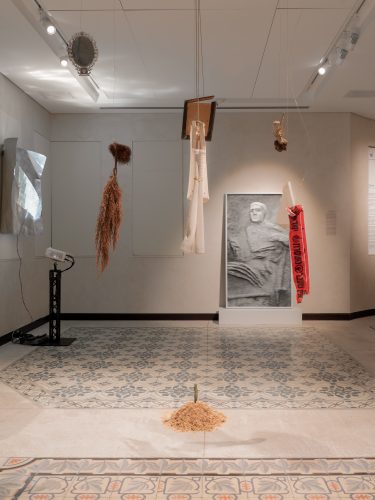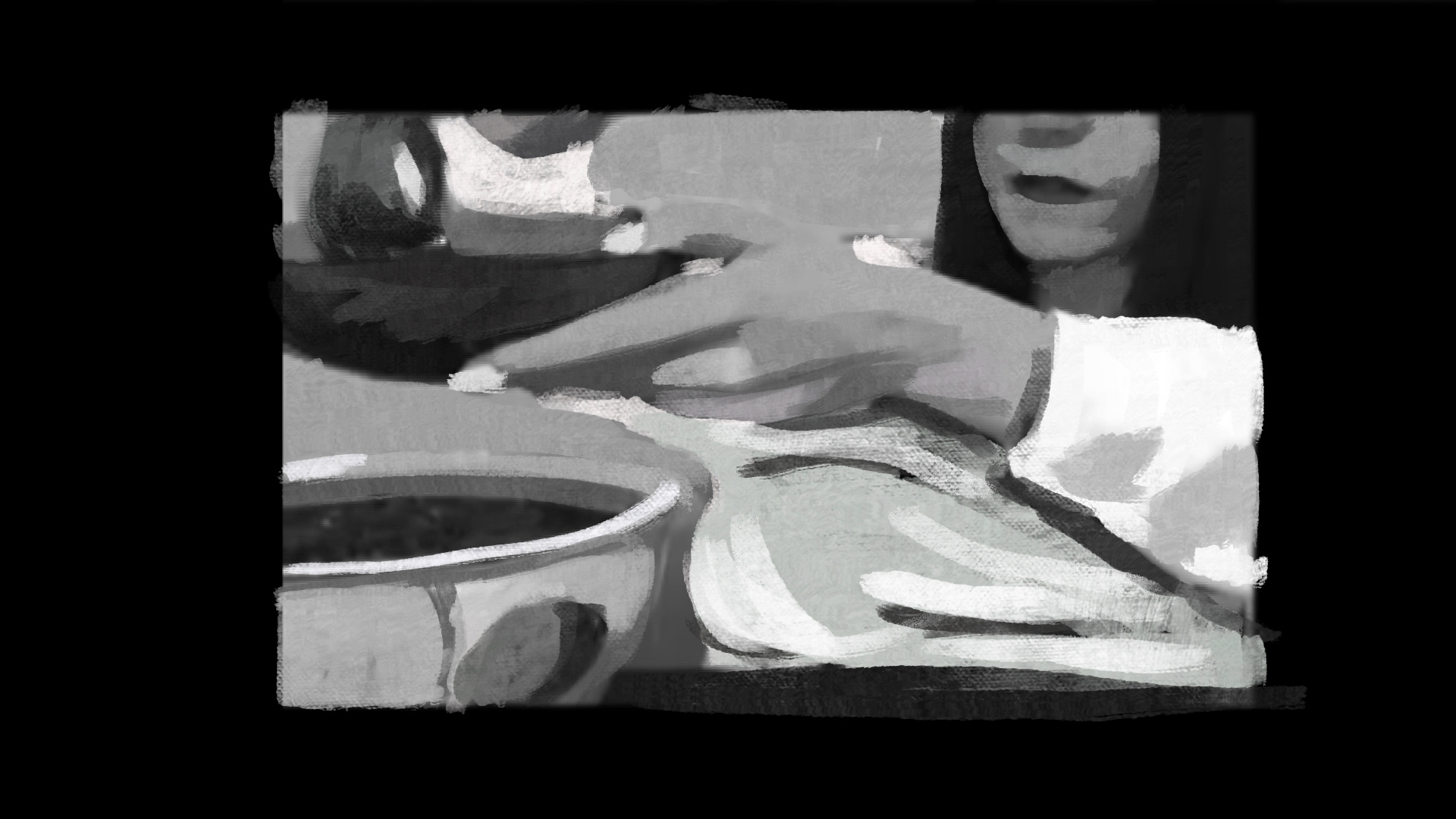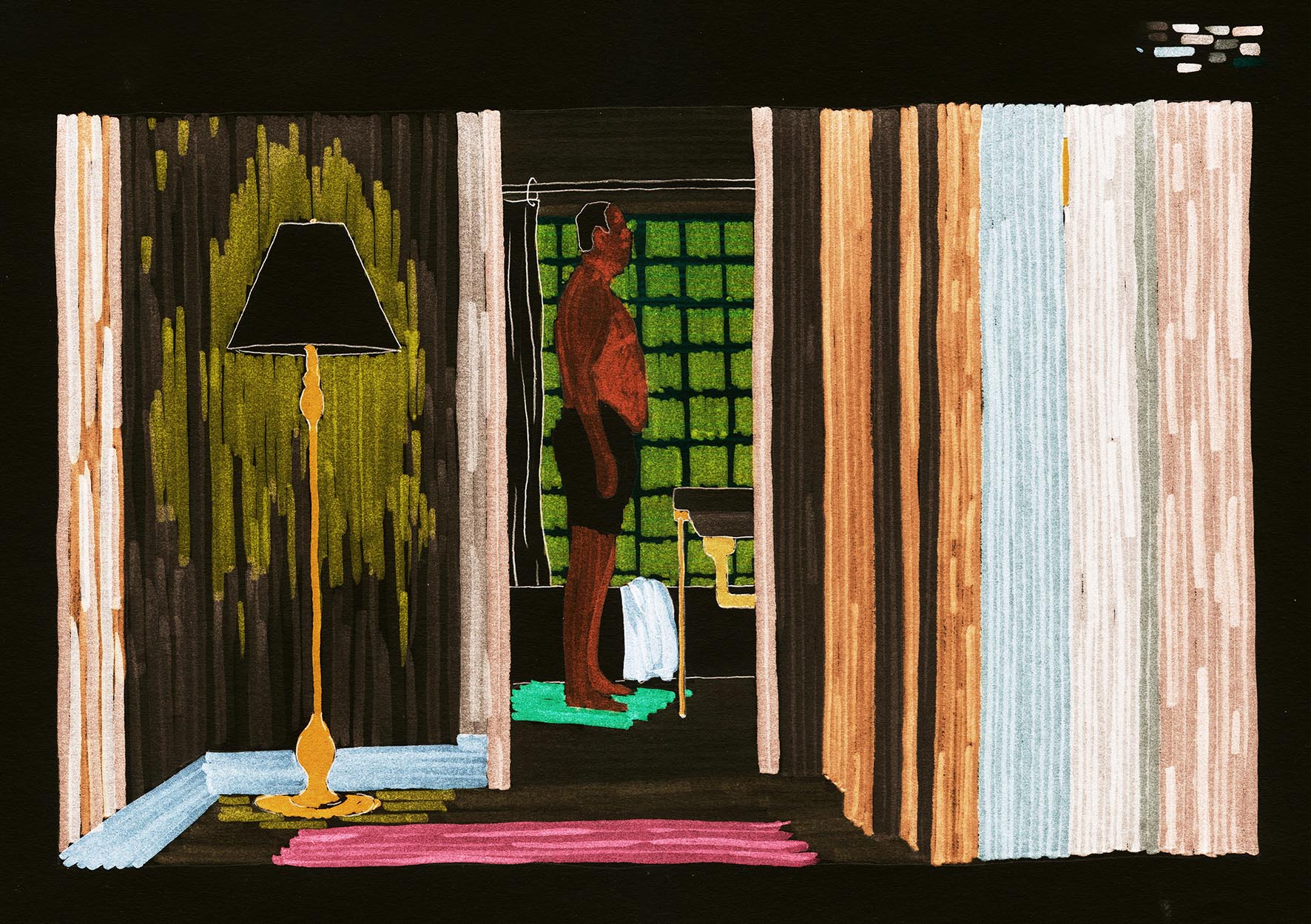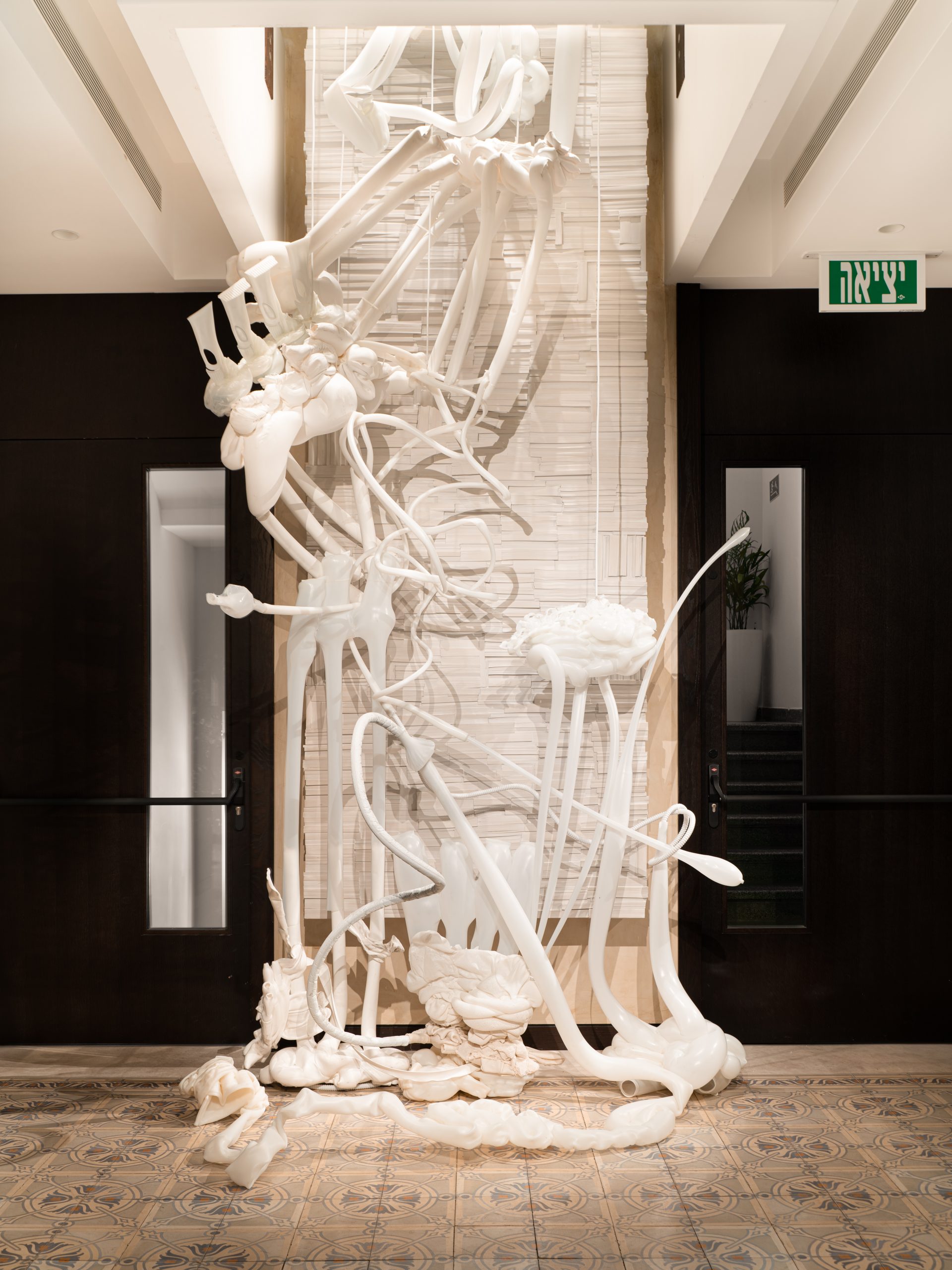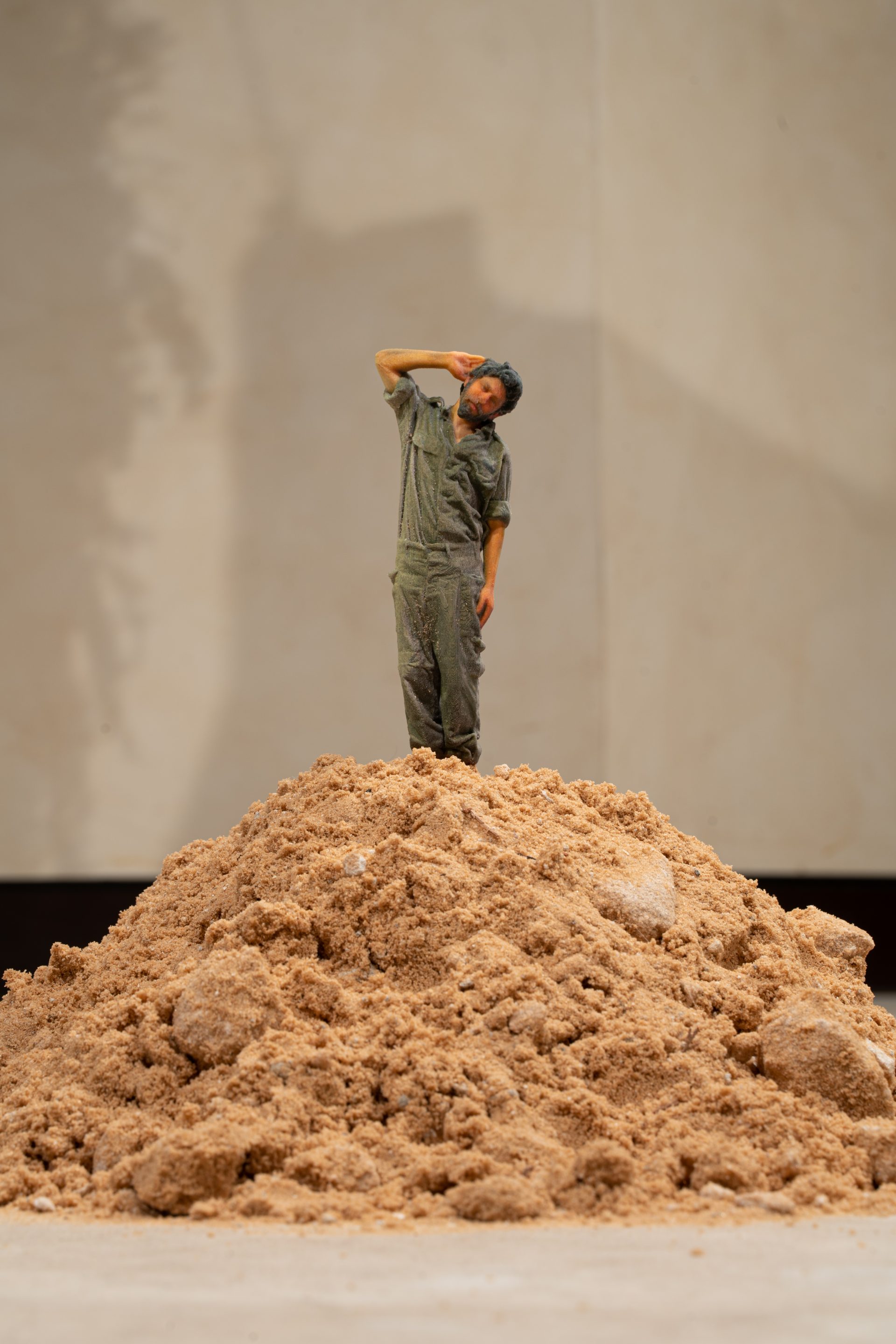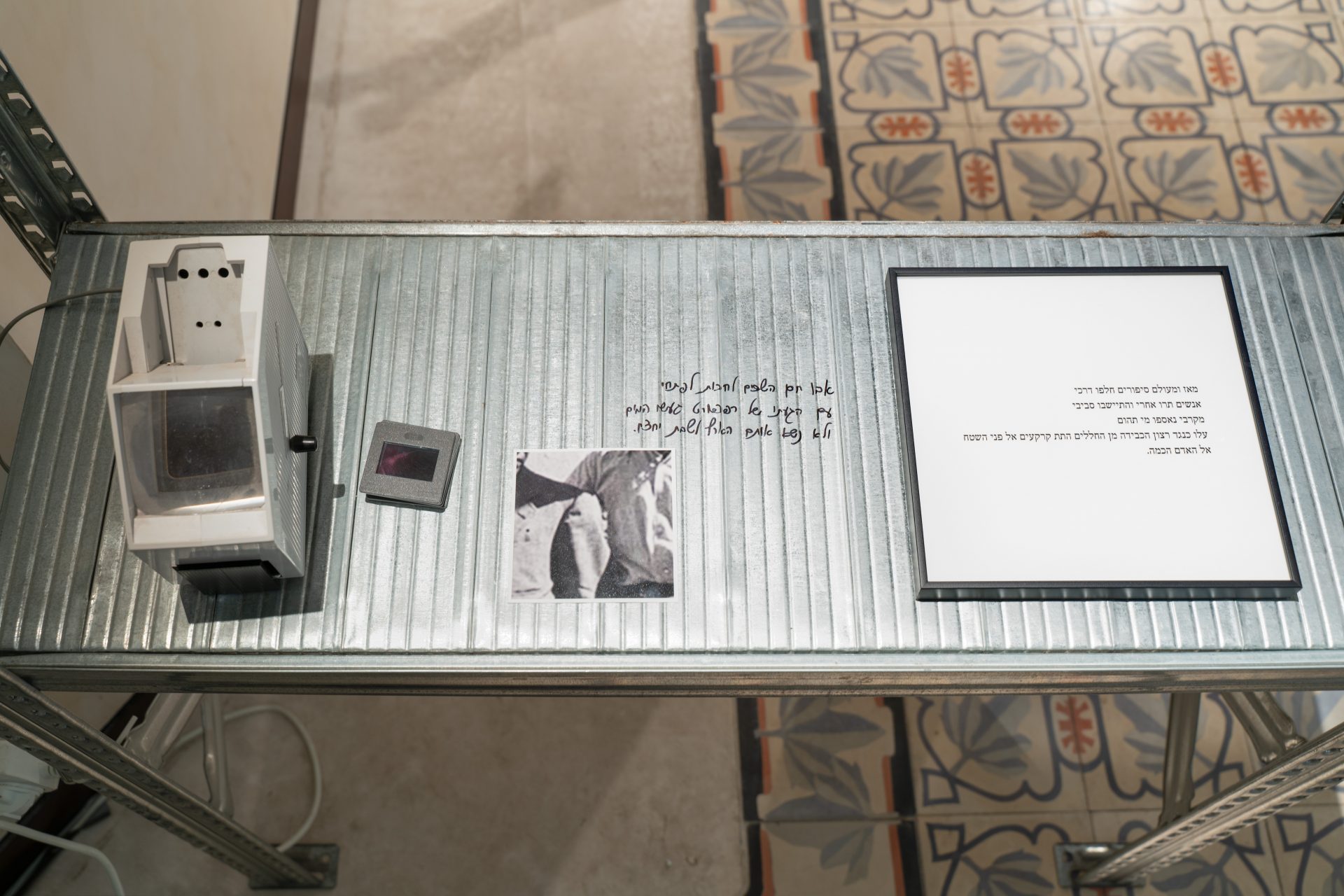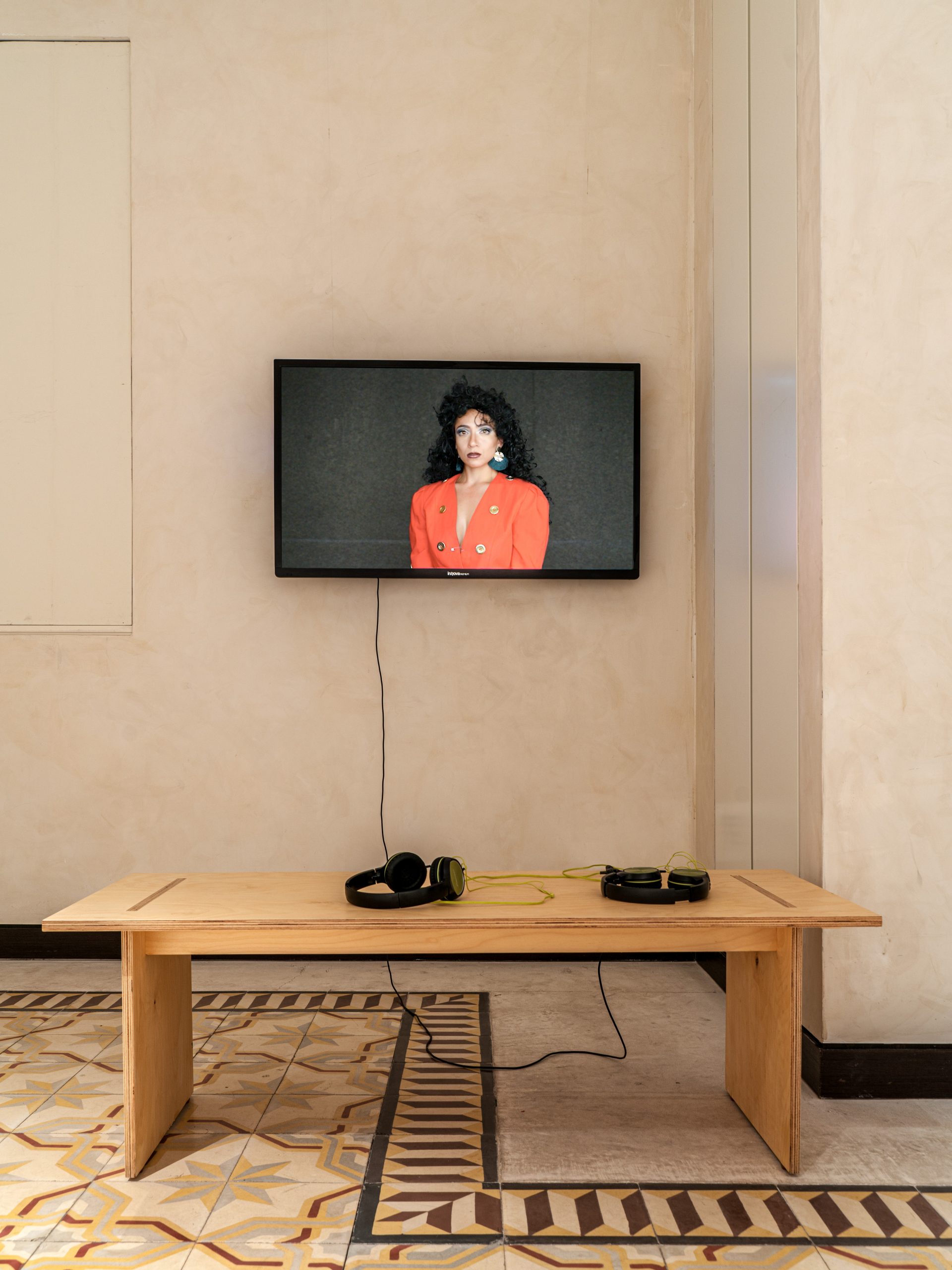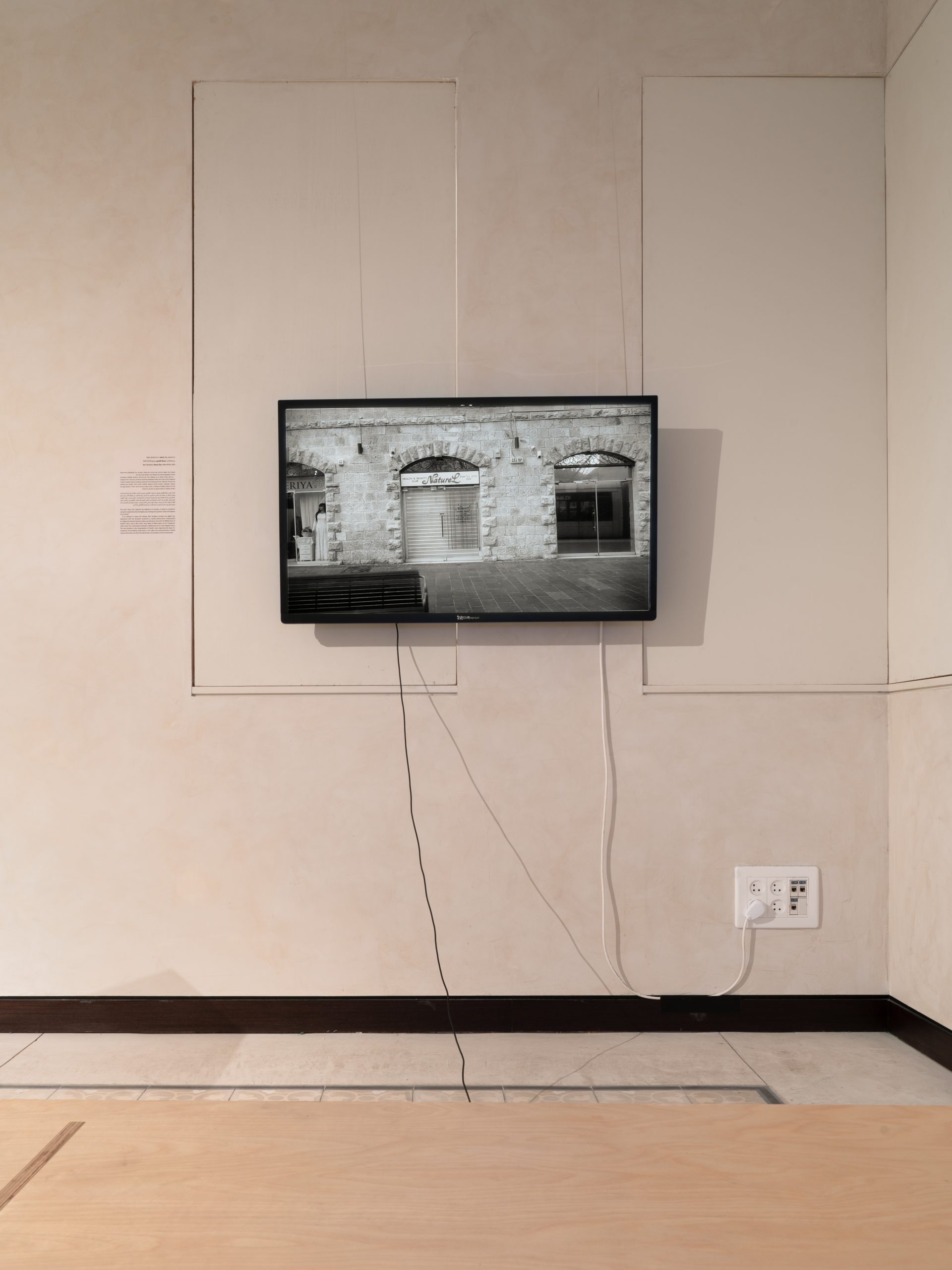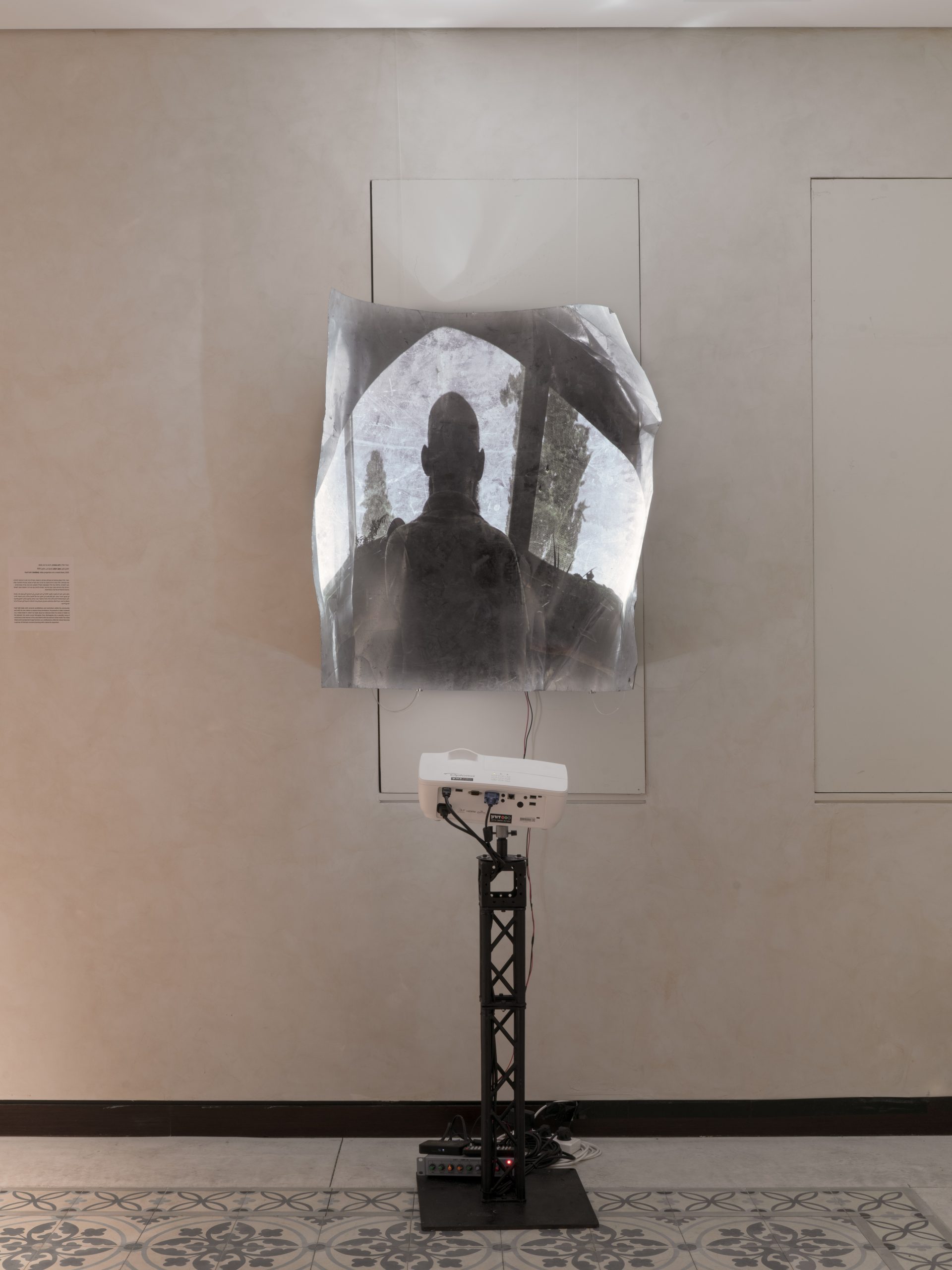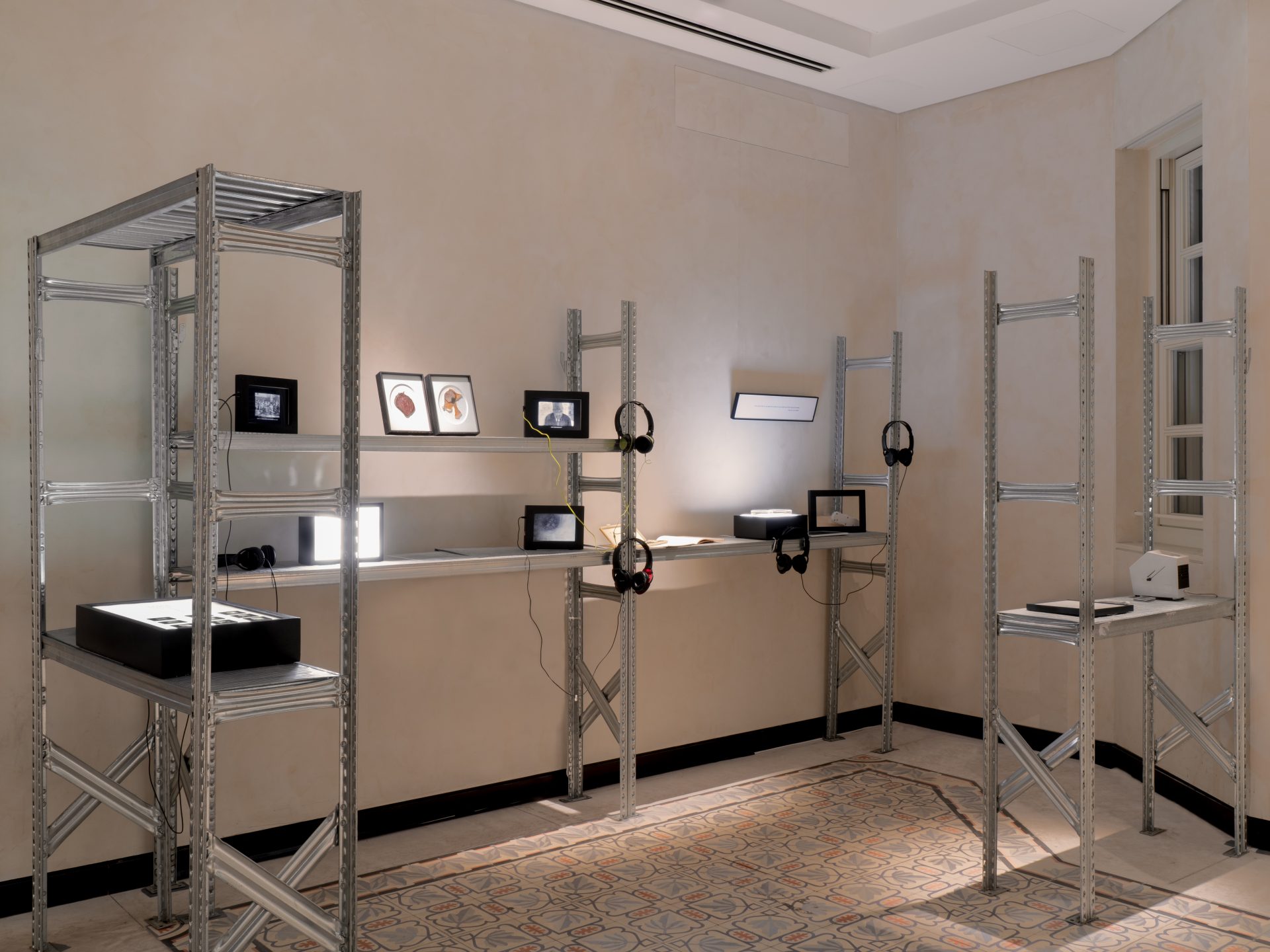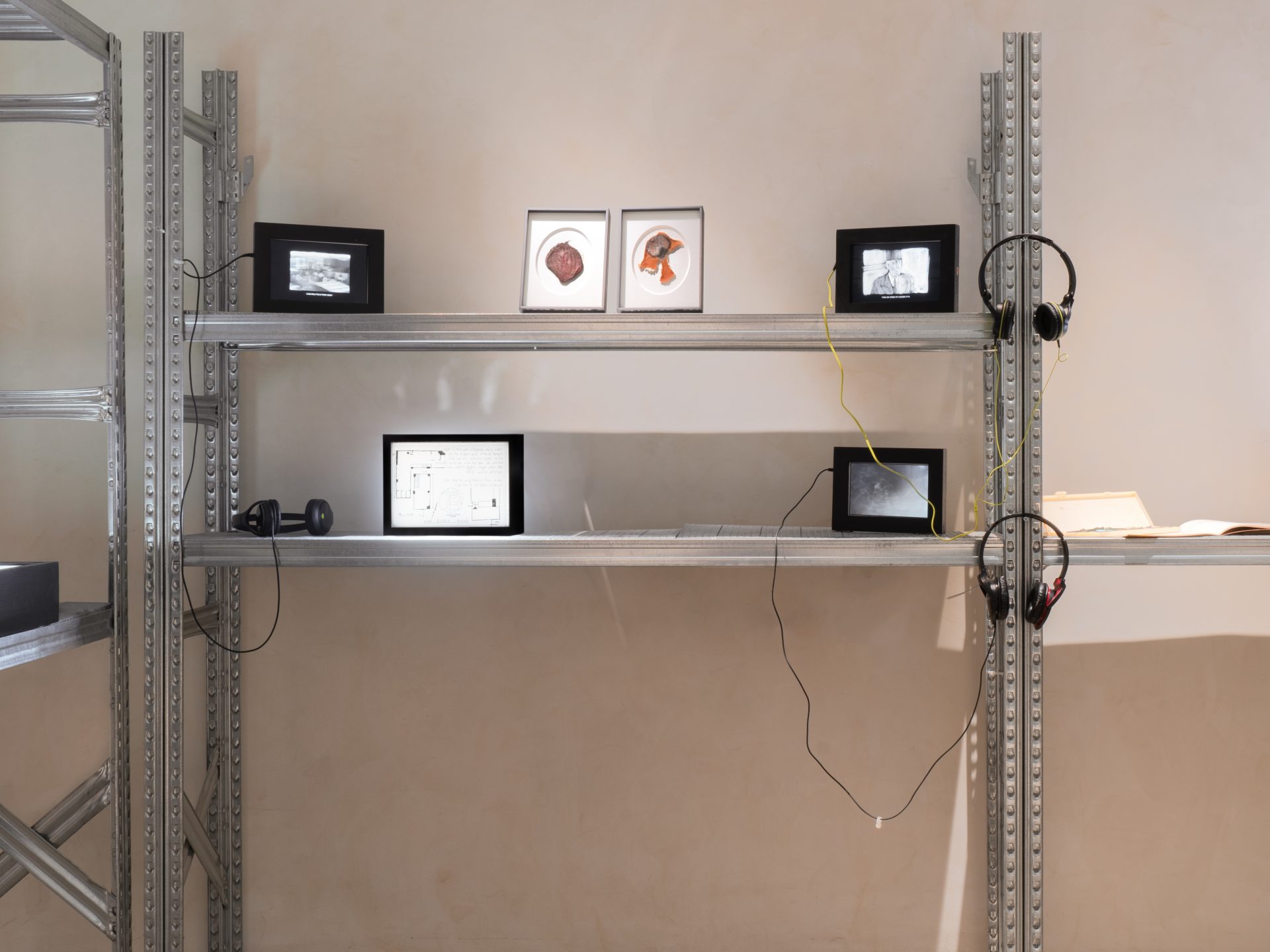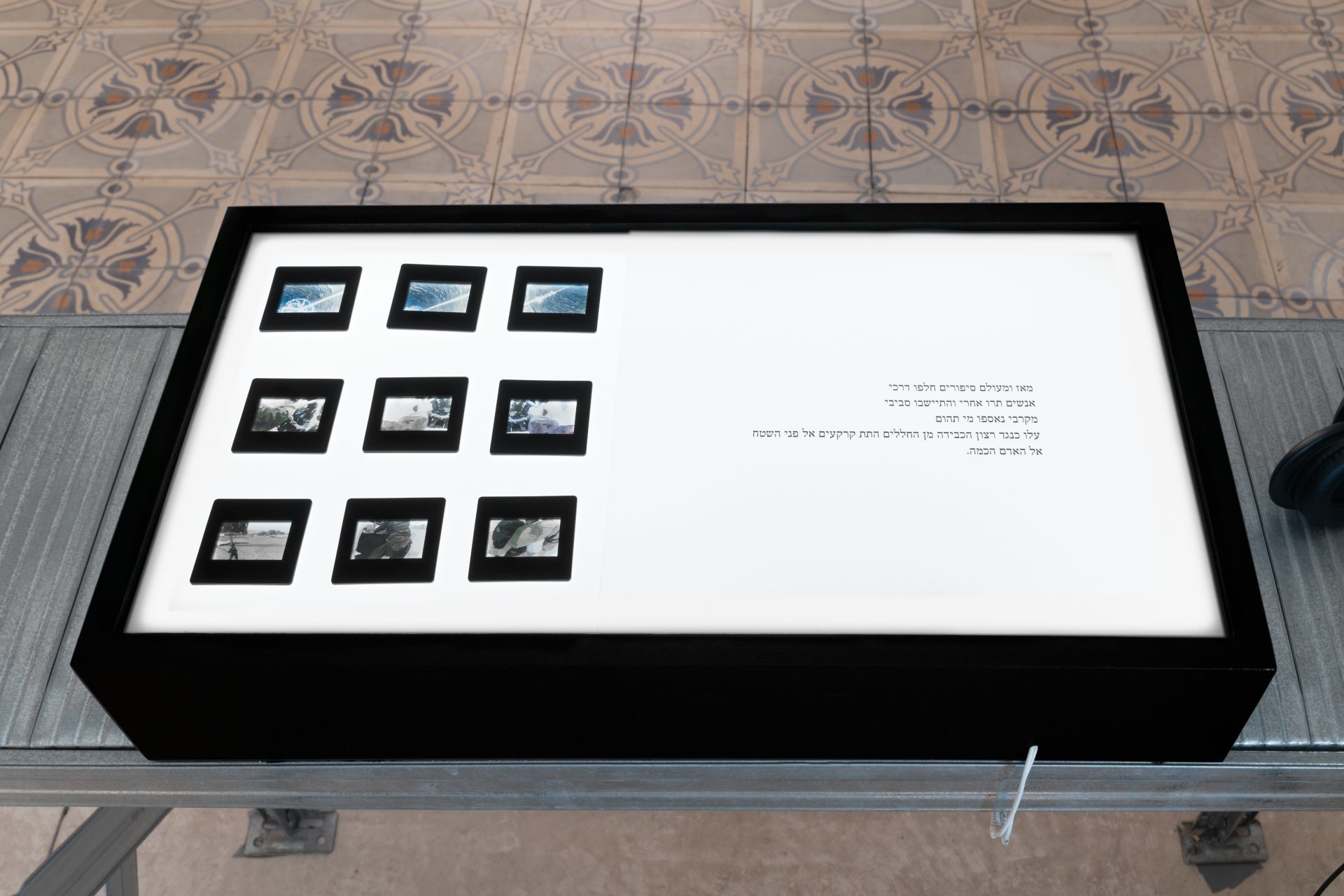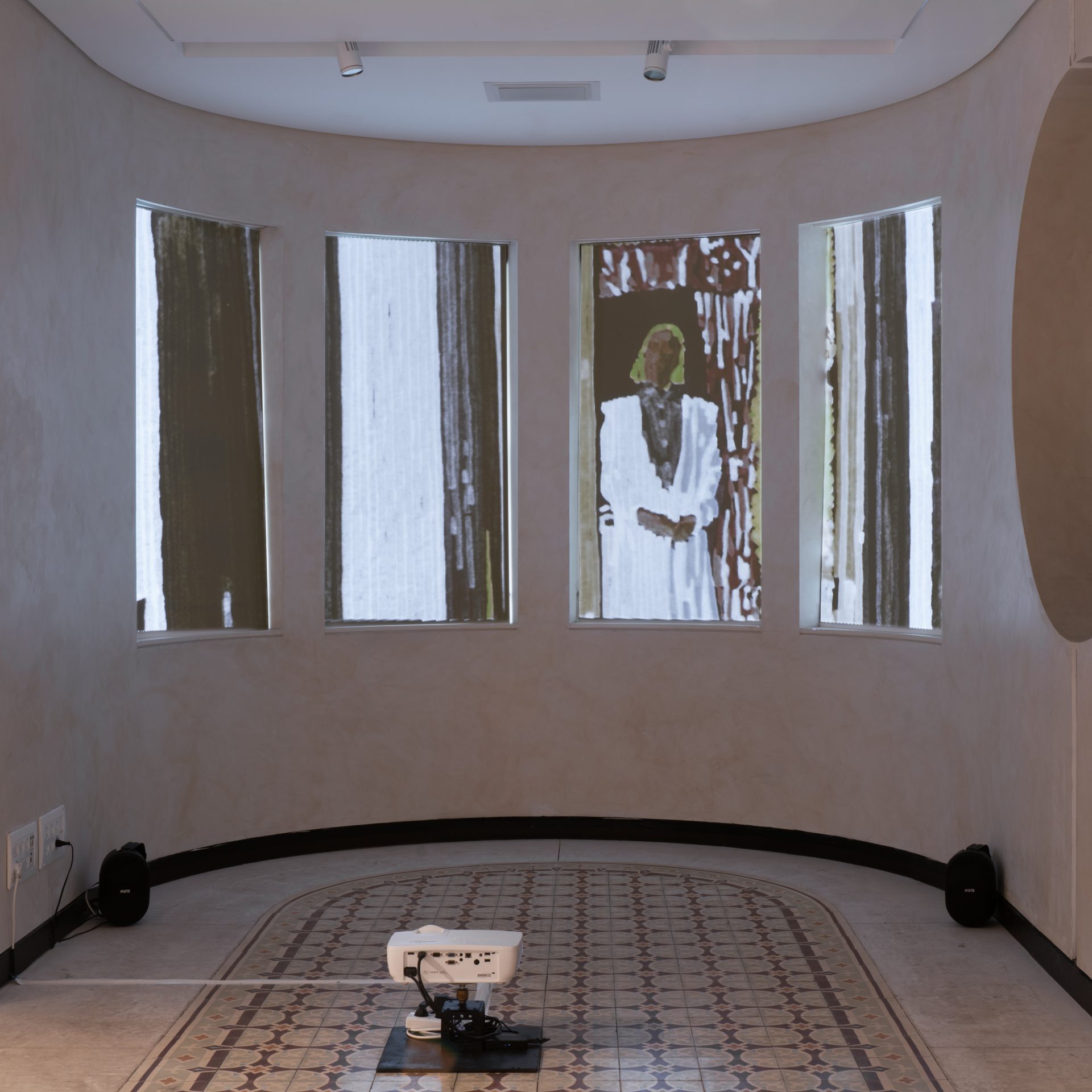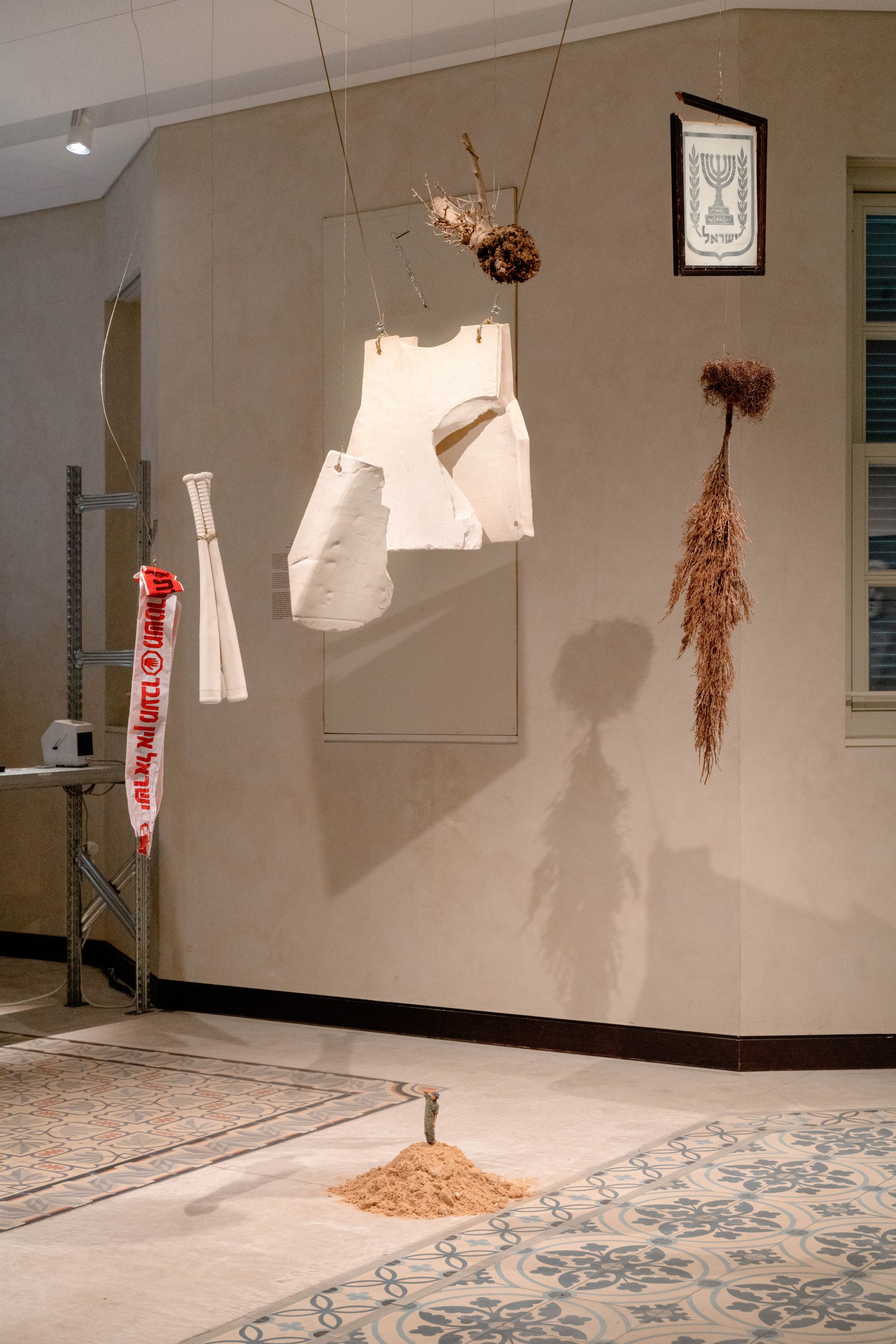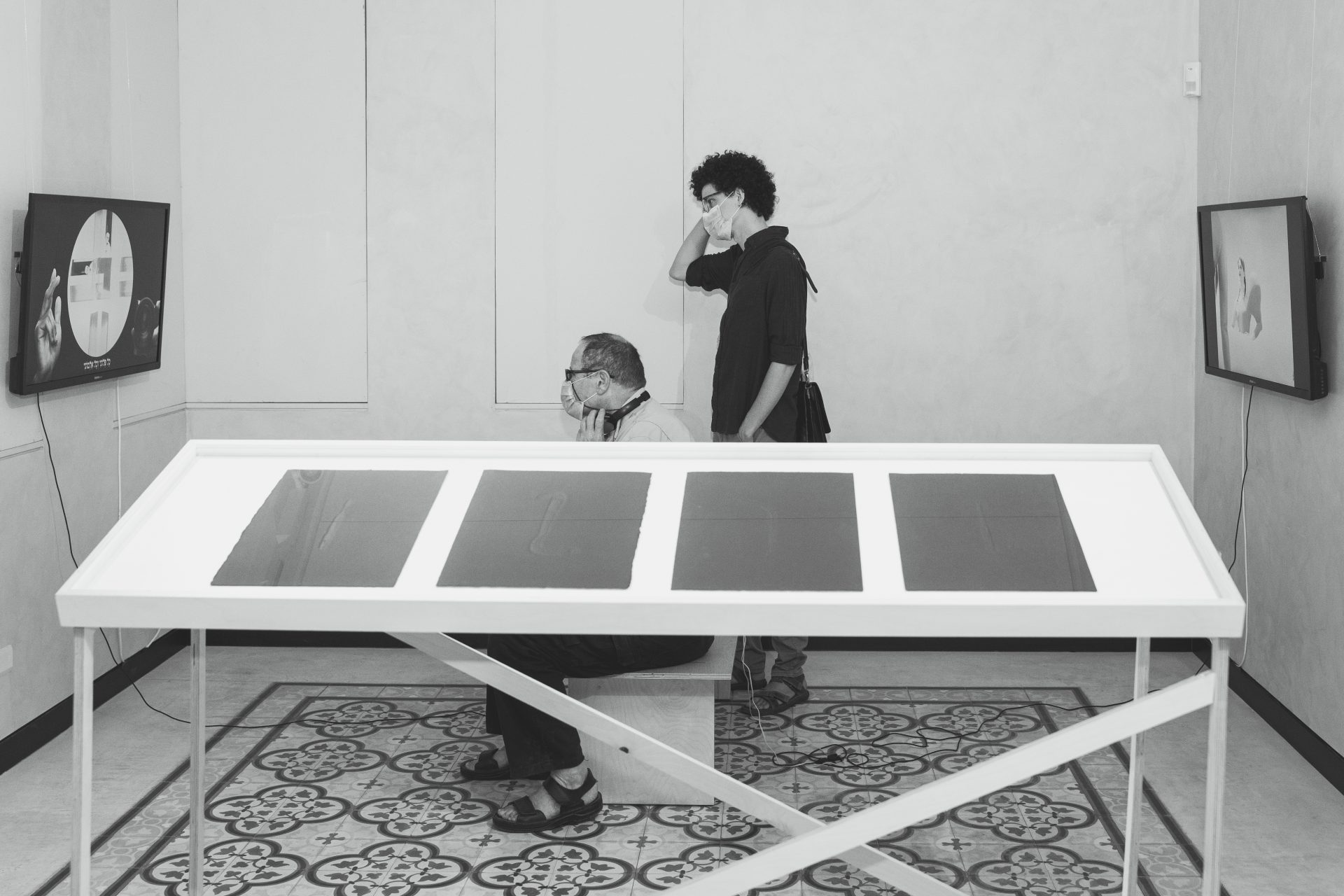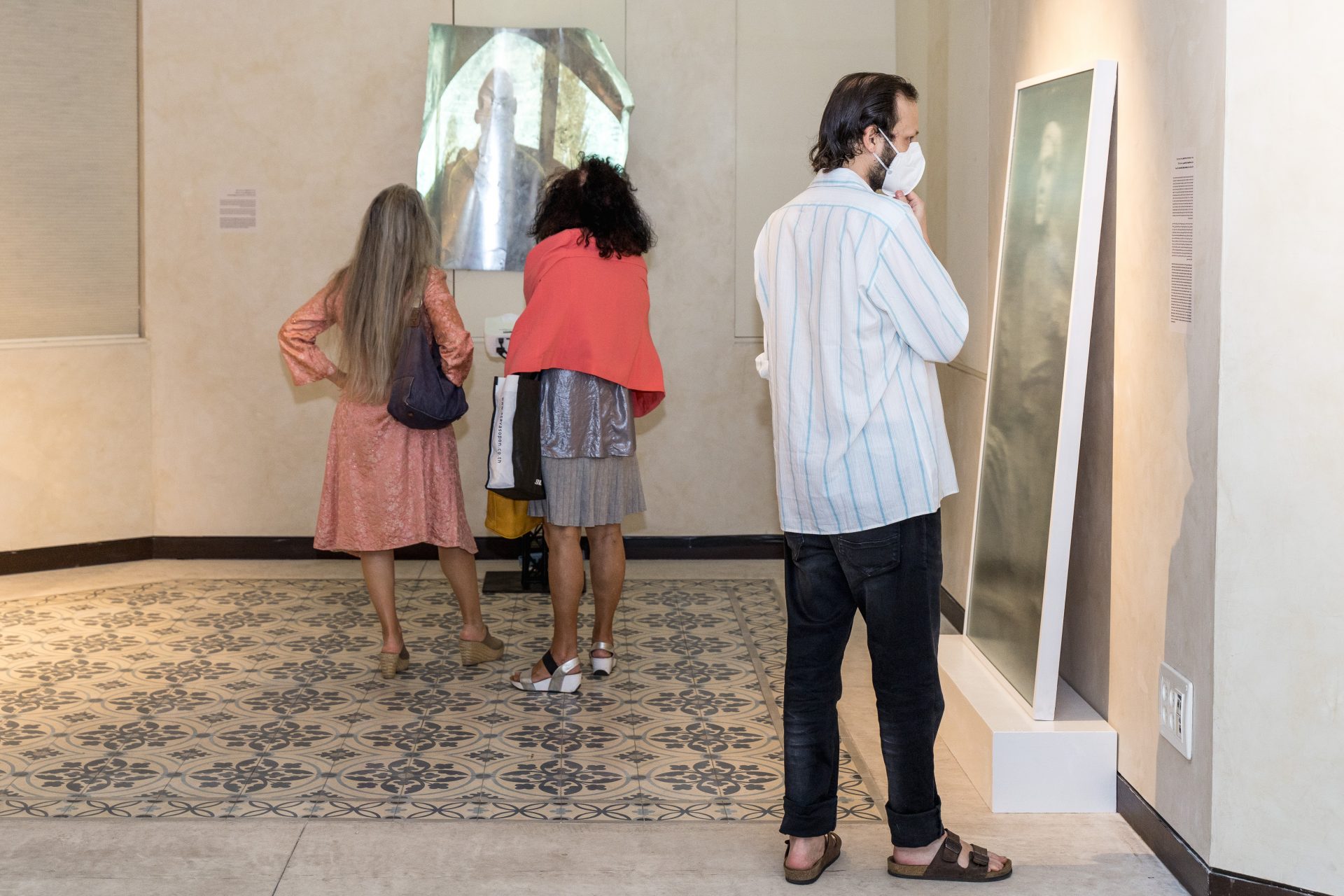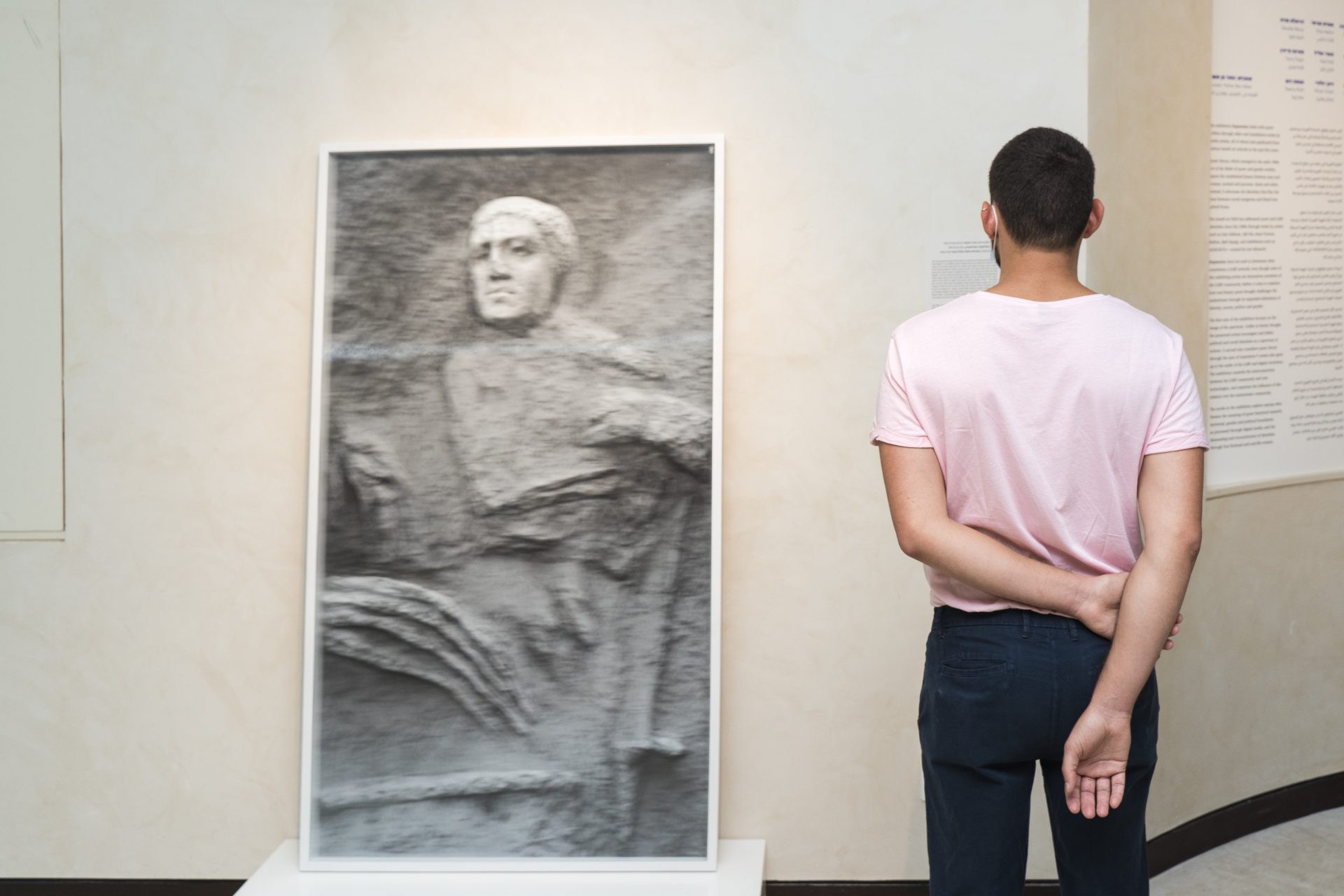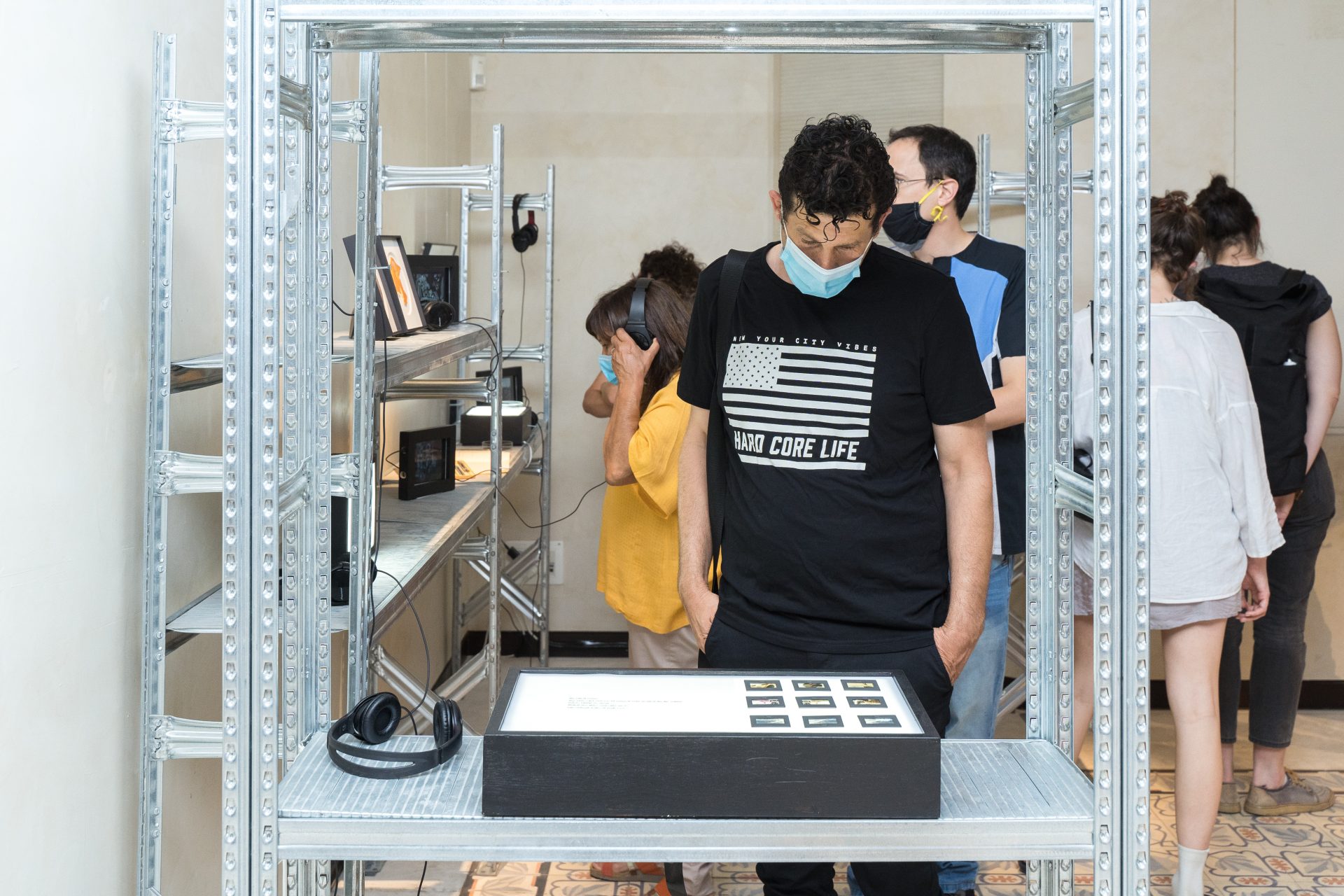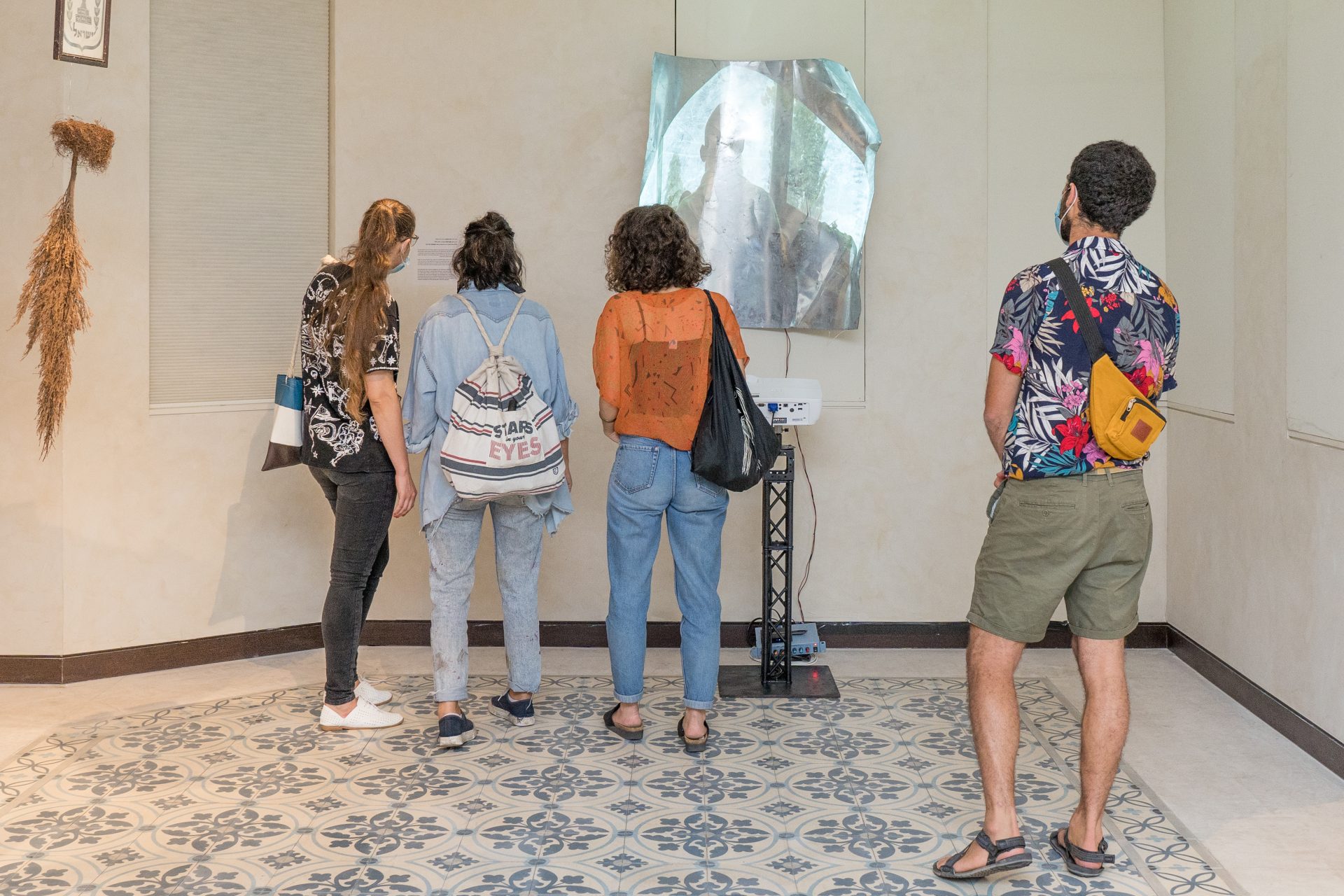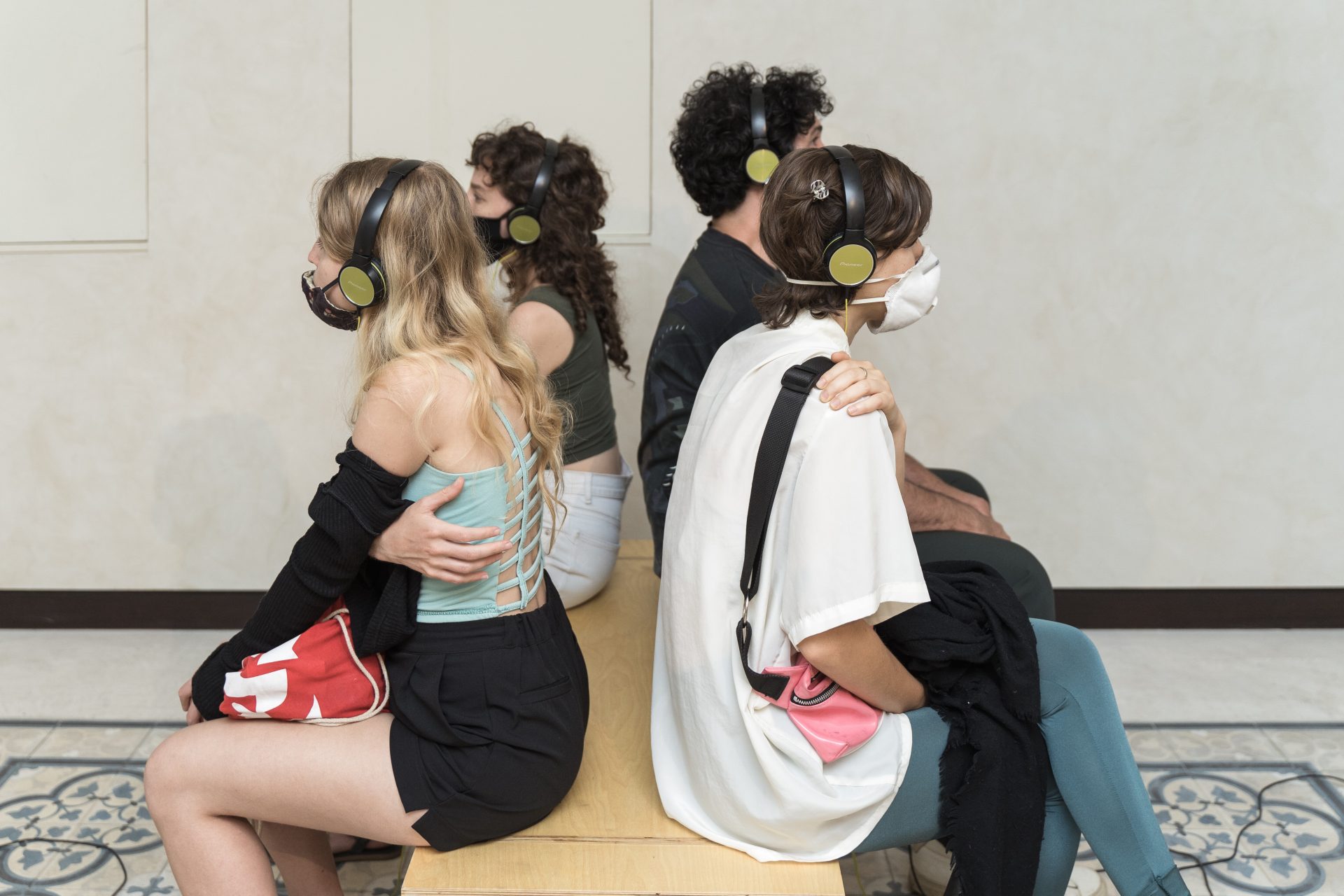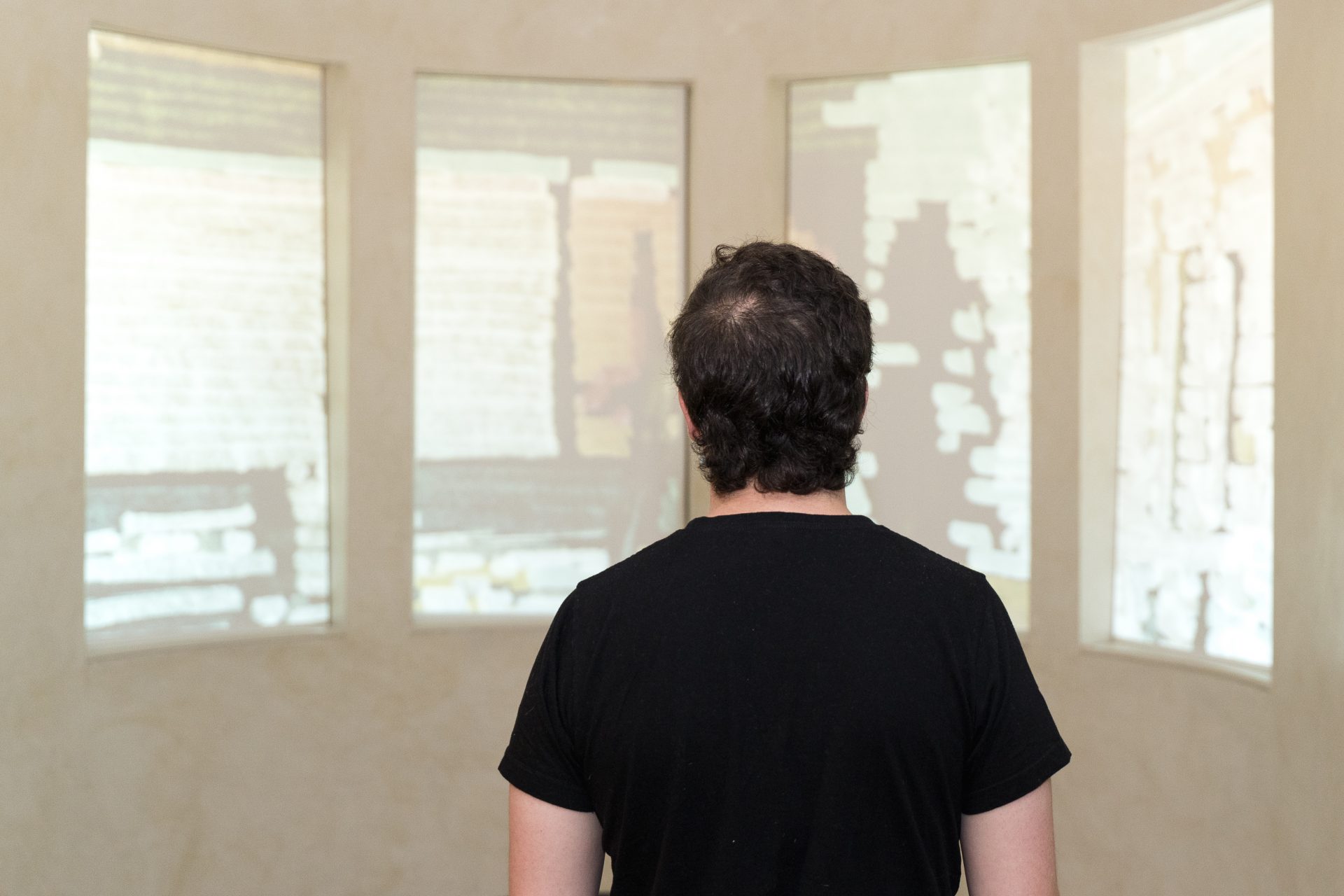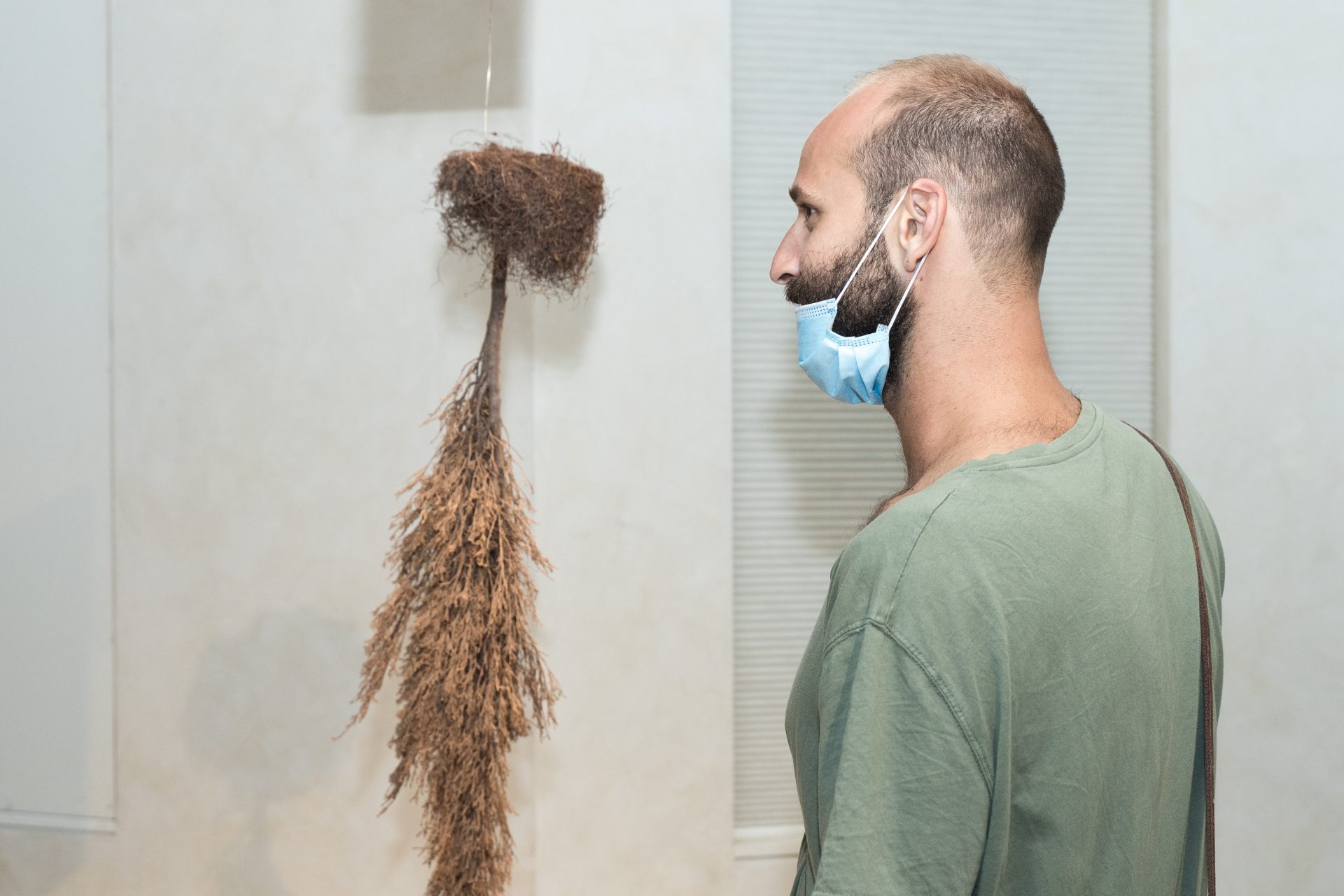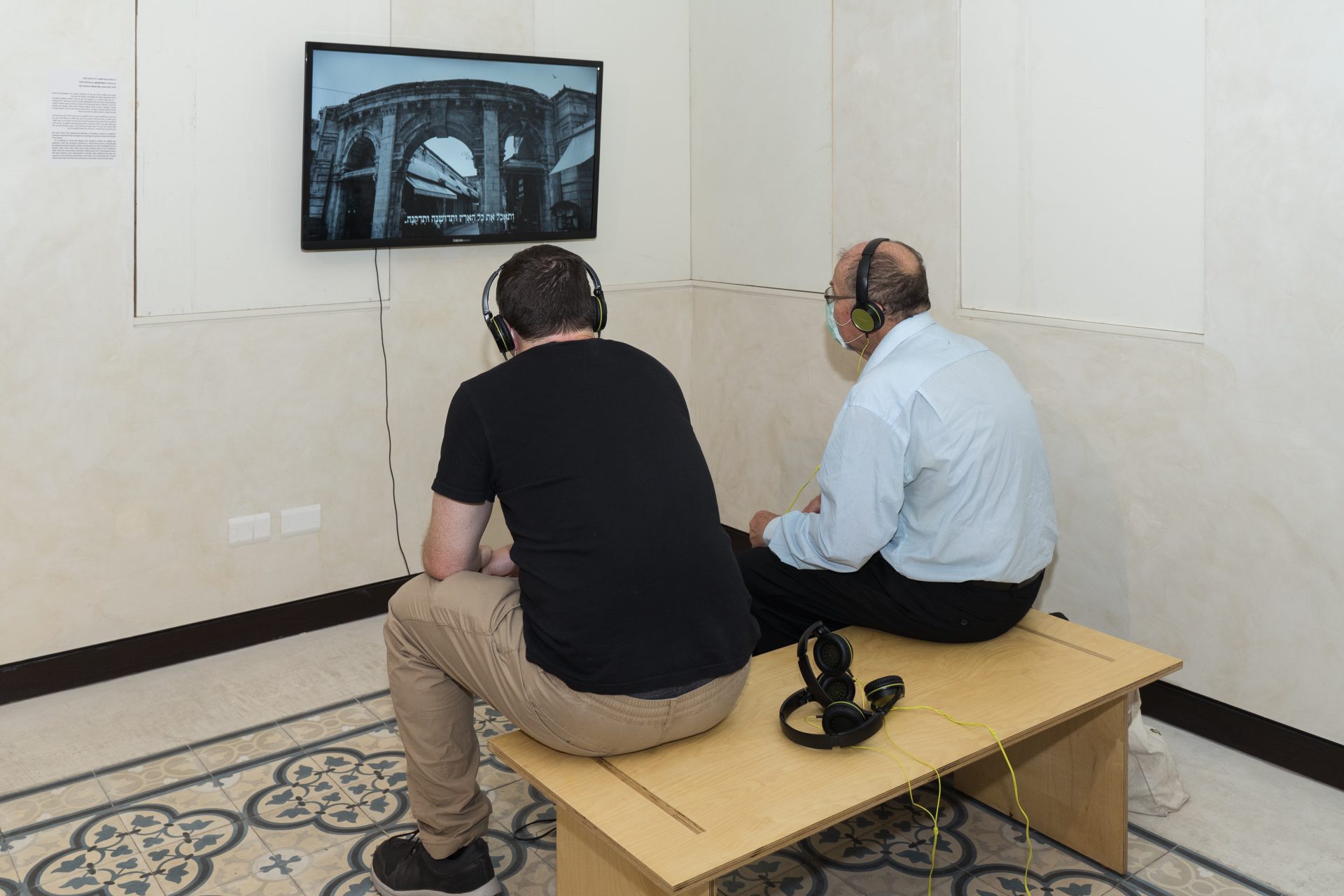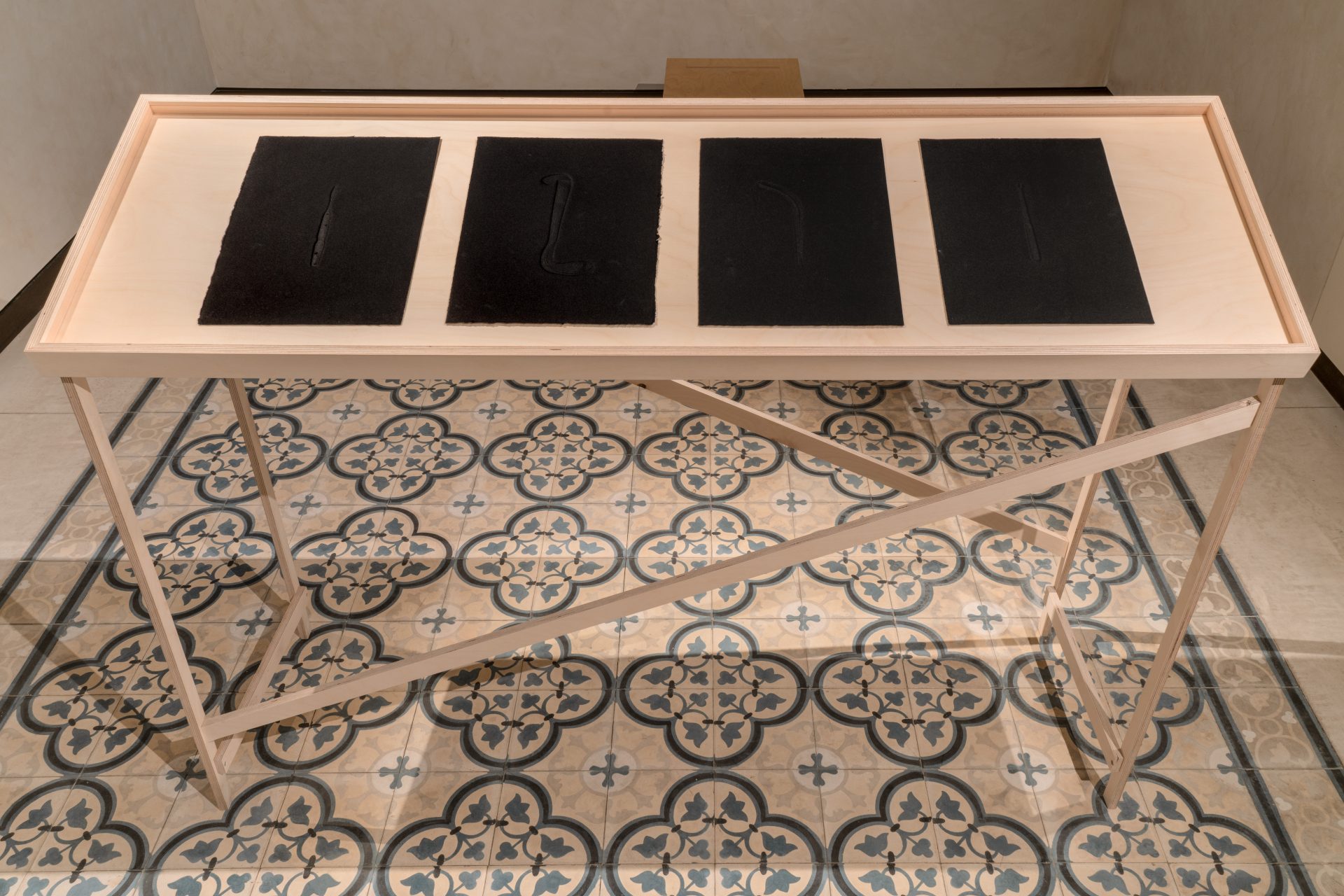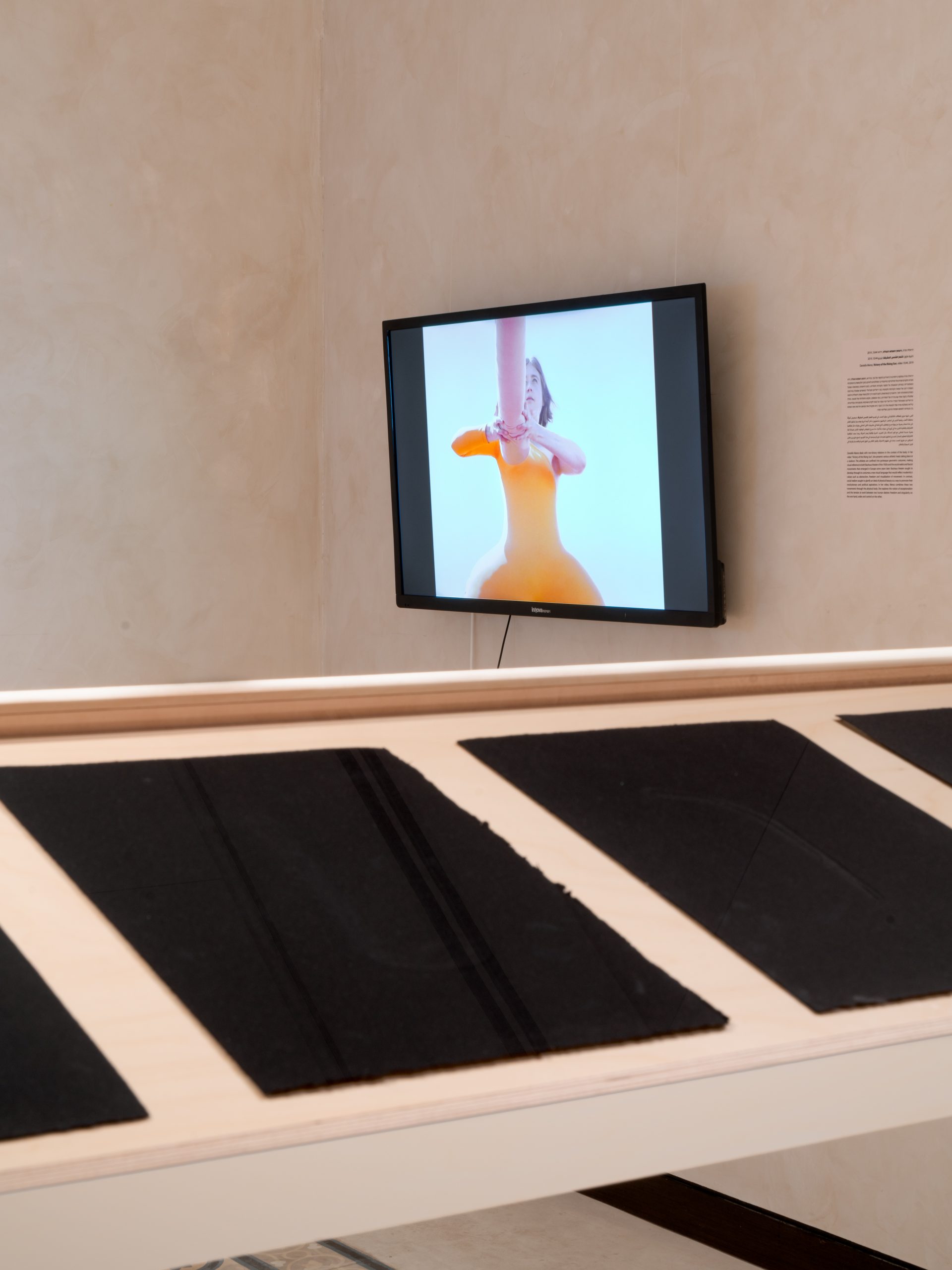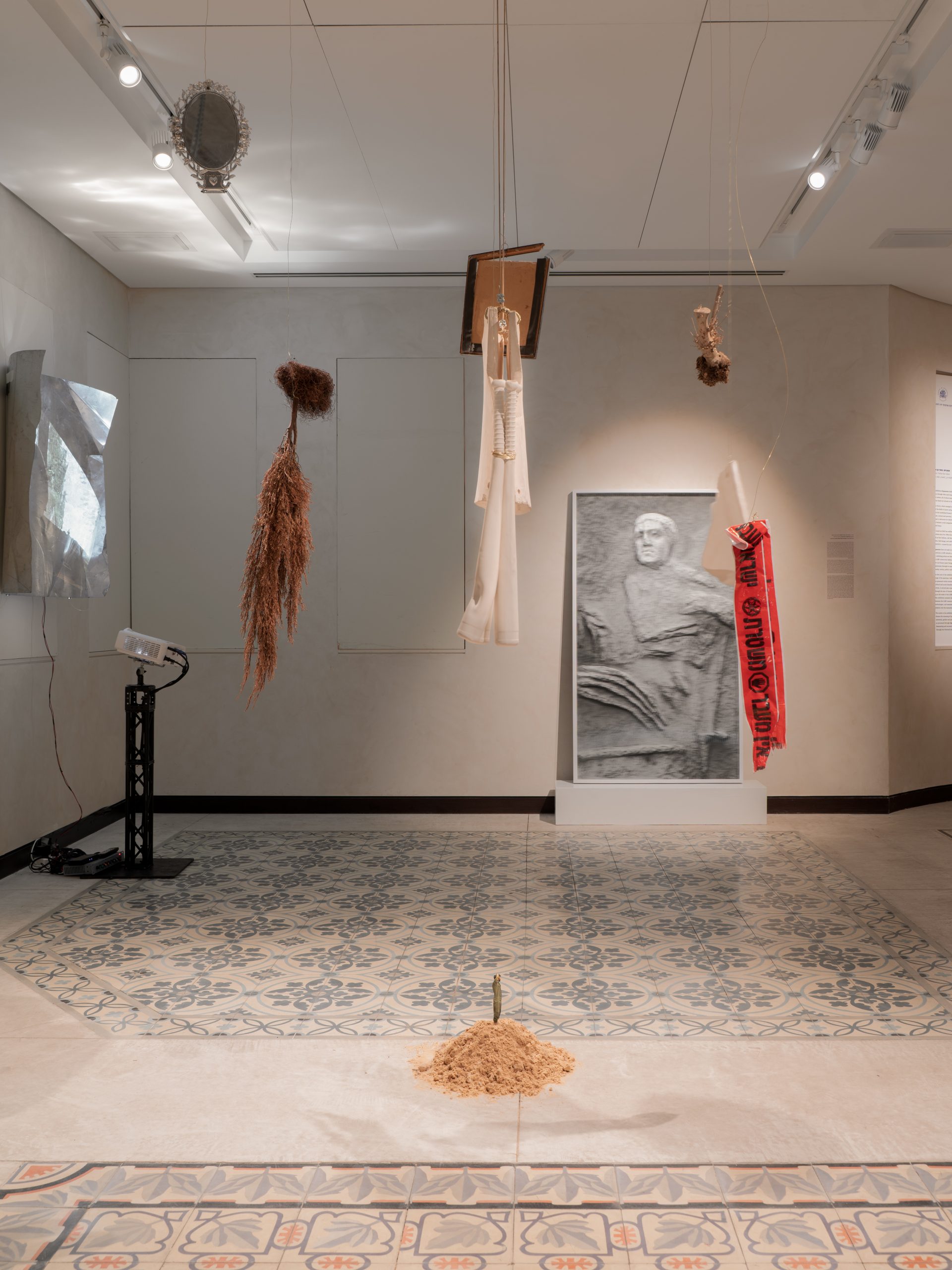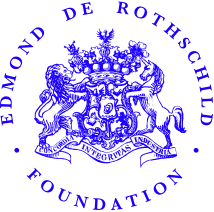The exhibition Expansion deals with queer politics through video and installation works by twelve artists, all of whom have graduated from various Israeli art schools in the past five years.
Queer theory, which emerged in the early 1990s out of the fields of queer and gender studies, rejects the established binary between man and woman, normal and perverse, black and white. Instead, it advocates for identities that blur the lines between social categories and blend into hybrid forms.
The Israeli art field has addressed queer and LGBT identities since the 1990s through works by artists such as Dan Zakhem, Adi Nes, Roey Victoria Heifetz, Rafi Dayagi, and exhibitions such as 10/20/30/70+ curated by Liev Mizrachi.
Expansion does not seek to determine what constitutes a LGBT artwork, even though some of the exhibiting artists are themselves members of the LGBT community. Rather, it aims to examine how non-binary queer thought challenges the mainstream through its expanded definitions of identity, society, politics and gender.
The first axis of the exhibition focuses on the image of the spectrum. Unlike in binary thought, the presented artists investigate and define political and social identities as a spectrum of actions. A second axis considers queer theory through the eyes of Generation Y artists who grew up in the midst of the LGBT and digital revolution. The exhibition unravels the interconnection between the LGBT community and new technologies, and examines the influence of this relation over the mainstream community.
The works in the exhibition explore among other themes the meaning of queer historical research; territorial, gender and political boundaries as processed through digital media; and the dismantling and reconstruction of identities through four fictional and real-life women.
